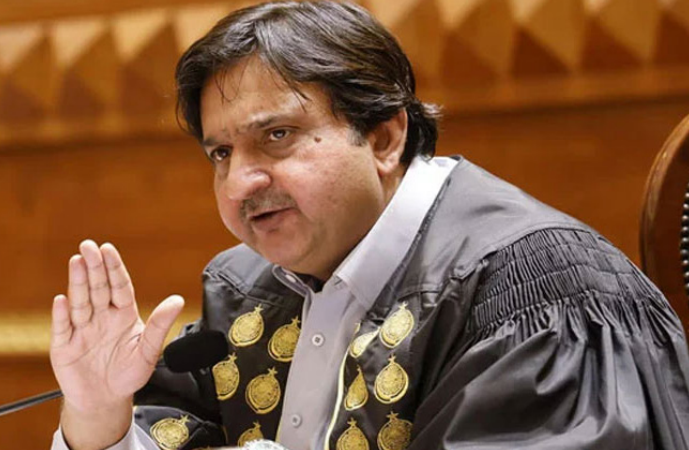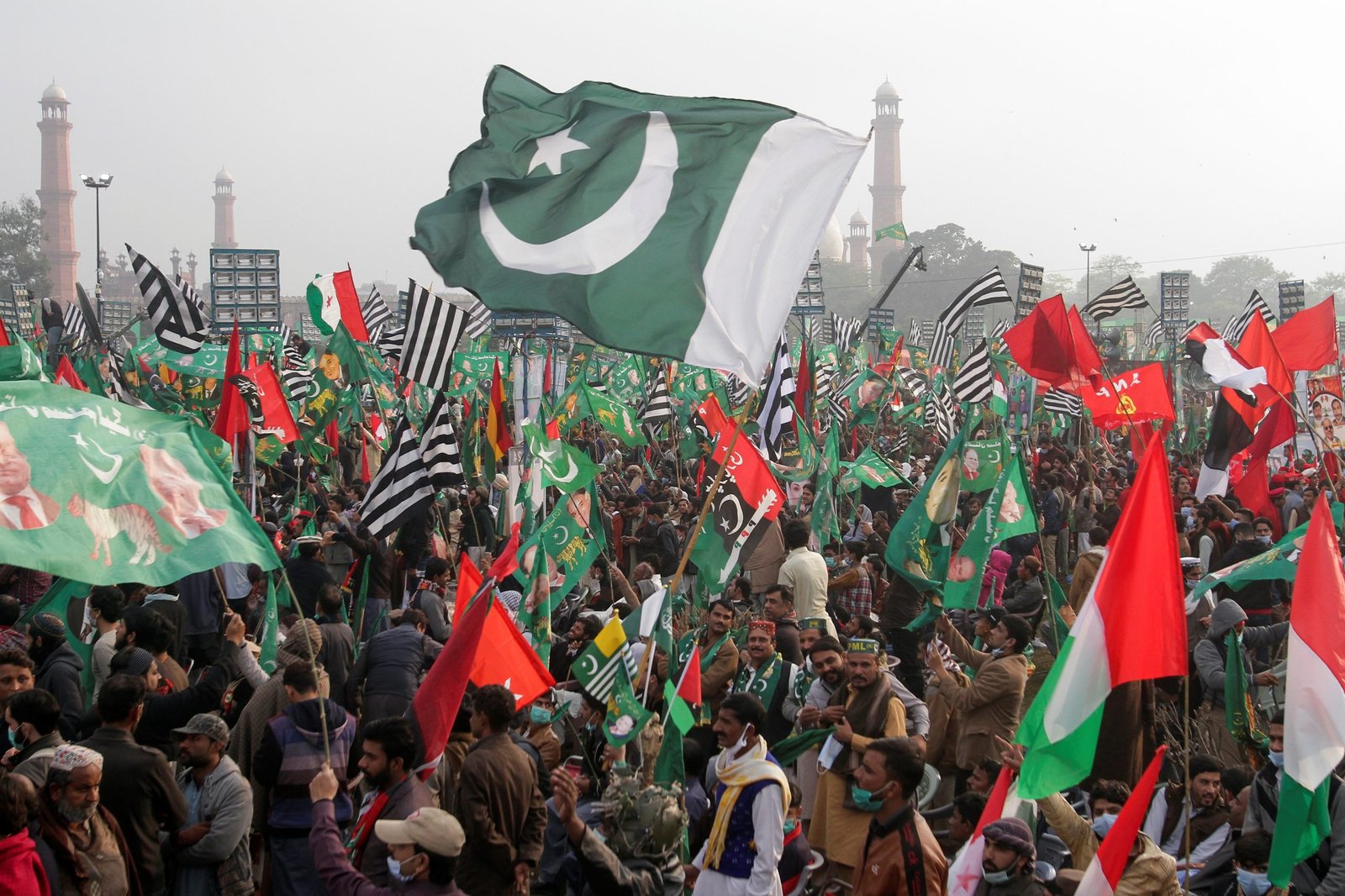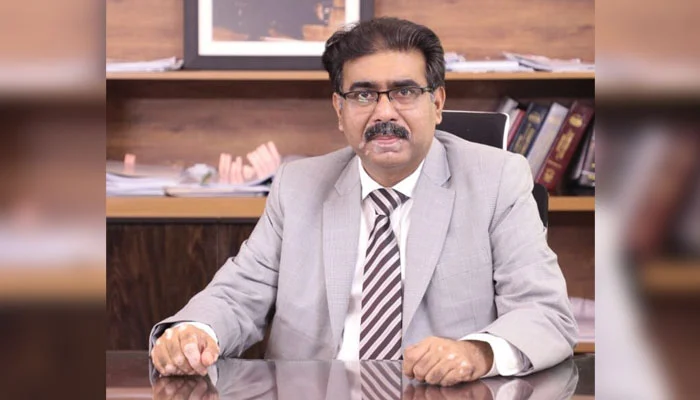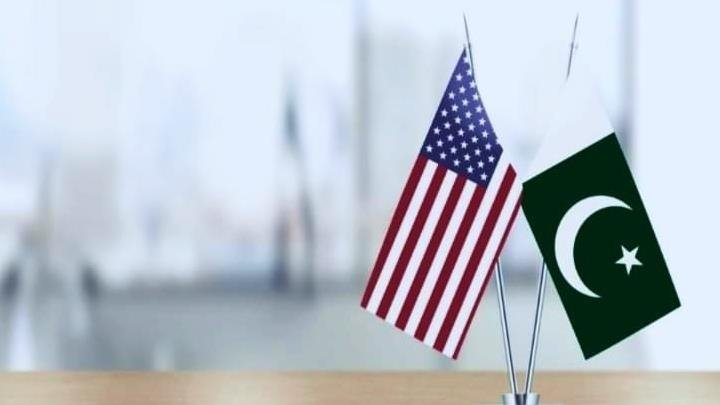Ahmed Aziz Khan
For almost eight decades, Noam Chomsky has been an educator, political analyst, humanitarian activist, founder of modern linguistics, philosopher of the mind and cognitive psychology. His breadth and depth of knowledge are unmatched, making him an indispensable global asset. Anyone who does not read Chomsky is seriously challenged in discussing world affairs, including political leaders who are blind to his contributions. If human civilization survives the 21st century, it will be in no small measure due to Chomsky’s life work and his legion of students and followers.
The ruling elite in the US wishes to forget Chomsky, but he is one of the country’s most valuable gifts to the world. The Nobel Peace Prize Committee’s failure to acknowledge him is its lasting shame. However, Chomsky rejects such accolades, insisting that the true heroes of our times are the countless and nameless millions of people whose struggles, organization, and love of humanity provide essential hope for mankind.
Despite his humility, Chomsky’s intellectual onslaughts against establishment intellectuals, elites, and power brokers all over the world have left them with crumbled narratives. He has authored more than 150 books and countless seminal articles, and his interviews, available on the internet, are indispensable listening. At 95, he is frail, but as active, clear-minded, and committed as ever.
Chomsky does not bother to dress up his message, and he does not mince his words. He does not qualify his conclusions to please a broader audience. Instead, he makes outrageous statements purposely if they are true. He uses irony instead of understatement to drive his point home.
Chomsky’s work will survive long after the sun sets on the American empire, as Arundhati Roy has said. His collaborations with younger specialists in authoring books on issues that will determine the world we leave to our children and grandchildren are essential reading. Leaders who ignore these books do so at the peril of the people they supposedly serve. Chomsky’s ideas can help build an informed public opinion, without which pressure for critical social reform for human survival cannot develop, and that can keep the Doomsday Clock at bay.
The world will mourn when Chomsky departs us because he will have gone too soon. But his legacy will live on.
In his most recent publication, The Withdrawal: Iraq, Libya, Afghanistan, and the Fragility of US Power, co-authored with esteemed academic Vijay Prashad, Noam Chomsky delivers his typical ‘outrageous’ statements, which are actually factual. Chomsky and Prashad argue that the US has conducted wars against Afghanistan (2001) and Iraq (1991 and 2003), and is currently engaging in a dangerous confrontation with Russia in Ukraine and China, with little regard for world opinion and an even smaller concern for avoiding conflict through negotiation. They contend that the US operates without accountability, even to international law which it has helped to shape. This, according to Chomsky, is the “Godfather attitude,” which aims to “protect the property, privileges, and power of the ruling elite in the US and its closest allies,” and is a continuation of imperialism. Despite this, the US has been forced to withdraw from Afghanistan and virtually from Iraq, and it has been unable to control the chaos in Libya caused by its orchestrated assault on Qadhafi.
Consider Afghanistan, for example. Chomsky argues that “the United States went beyond supporting the Mujahideen against the Soviet-installed regime in Kabul. It organized them and collected radical Islamists from around the world. This would have been legitimate if it had been to defend Afghans. But they did not matter. It was to harm the Russians.” [The Mujahideen] “were armed, trained and directed by Pakistani intelligence mainly, but under CIA supervision and control”. Ultimately, many of them ‘morphed’ into Al Qaeda. Eqbal Ahmad warned “the US and its allies were reviving concepts of jihad that had been dormant for centuries in the Islamic world”. Today, educated urban Afghans abhor the Taliban, recall Najibullah with nostalgia, but have no time for Pakistan.
Prior to the US invasion of Afghanistan, the Taliban “made several tentative offers to extradite bin Laden to Islamic states where the US could have picked him up”. After the invasion, the Taliban offered to surrender, which would have placed Al Qaeda and Osama bin Laden into US hands. President George W. Bush, however, rejected the offer, stating: “We don’t negotiate surrenders. We have bigger aims than that.” The bigger aim, confirmed in 2007 by Gen Wesley Clark, was “the planned aggression into seven Muslim countries in the region: Iran, Iraq, Libya, Lebanon, Somalia, Sudan, and Syria”. Chomsky remarks that the plan was essentially “scripted by bin Laden”. The US did not care. Its attitude was ‘Okay, we have a war against the Muslim world, from Afghanistan to Nigeria to the Philippines’. So what!
Chomsky observes that the anti-feminist and reactionary Taliban has returned to power in August 2021 “partly because of the atrocities of the US occupation and war. They were a Pakhtun organization in 1994. Now it has roots in all regions of Afghanistan. Yet the US refuses to acknowledge them despite negotiating with them for decades”. As a result, “the Afghan government cannot access its own funds — $9.5 billion in New York banks — when the Afghan people are facing starvation”. Similarly, “the IFIs under US pressure are withholding Afghan funds from Afghan relief as US victims of 9/11 demand reparations” at the expense of the Afghan people who had nothing to do with it. US courts find against the Afghan people. (However, on Tuesday, a US court ruled that families of the victims of 9/11 could not claim $3.5 billion belonging to Afghanistan’s central bank. The Afghan people, it said, should not have to “pay for.
Read more:

















